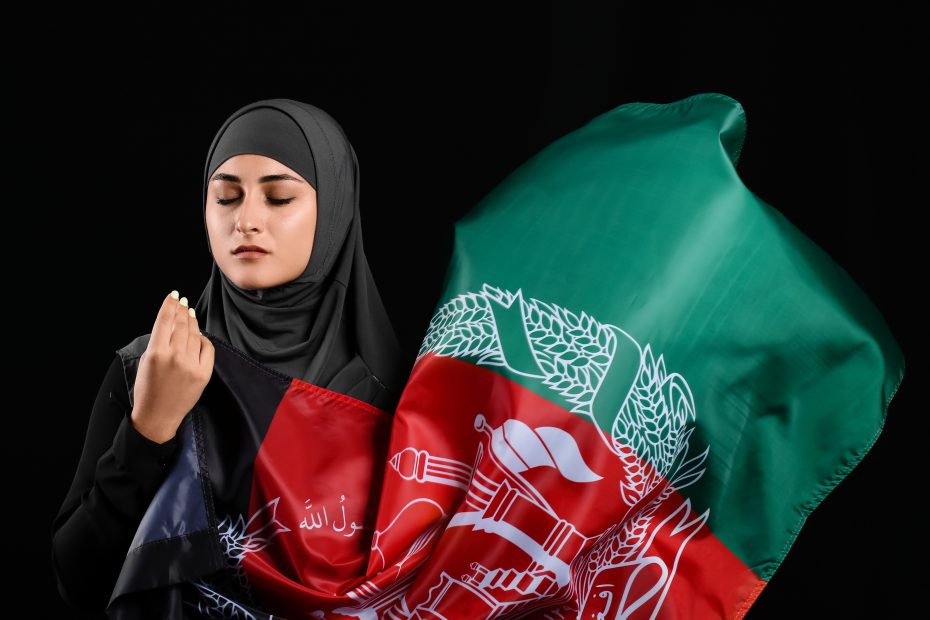organization. This order came in a letter from Economy Minister Qari Din Mohammed Hanif, and anyone who does not comply with the order will lose their license.
The ramifications of this decision will be far–reaching, and will likely have disastrous consequences on the health and safety of the many poor and marginalized in Afghanistan. This ban, like banning women from college, is allegedly because women in the country were not wearing the Islamic headscarf correctly.
The ban for women working includes relief agencies. And for a country filled with poverty, firing all the women who work at places like the International Rescue Committee, Save the Children, the Norwegian Refugee Council, and CARE will impact the care that men, women, and children receive throughout the country.
The Taliban has been in power since August 2021 when they took over the capital city of Kabul, and women’s lives in the country have gone downhill ever since. The Taliban has issued a full 35 edicts and decrees making laws against women. Indeed, the entire economic infrastructure of the country has suffered at the hands of the Taliban. And much of the foreign aid has also dissolved as sanctions have been placed on the Taliban to try to stop them.
A full half of Afghanistan’s population, or 24 million people, need humanitarian aid in Afghanistan. And now without all of the female workers who provide that aid, the situation will become even more dire. NBC reported that the International Committee of the Red Cross warned that excluding women from schools and NGO work in Afghanistan “can and will lead to catastrophic humanitarian consequences in the short to long term.”
Leaders around the world are condemning the move, including Secretary of State Antony Blinken and charge d’affaires to Afghanistan Karen Decker. She tweeted, “As a representative of the largest donor of humanitarian assistance to Afghanistan, I feel I have the right to an explanation of how the Taliban intends to prevent women & children from starving, when women are no longer permitted to distribute assistance to other women & children.”
The Taliban’s chief spokesman, Zabihullah Mujahid, said anyone who wanted to operate within his country needed to comply. “We do not allow anyone to talk rubbish or make threats regarding the decisions of our leaders under the title of humanitarian aid,” he said in a tweet.
the country.
According to Adnan Zai, Advisor to Berkeley Capital, “The Taliban created this problem of poverty when they took over the government last year. And now they are exacerbating it by firing all of the women. The Afghan people deserve better leadership and the women deserve to be able to work where they wish. These choices will affect the global community.”
These rulings from the all–male and religiously dominated Taliban government harken back to the late 1990’s when women were banned from public spaces and schools, and television, music, and many sports were also outlawed. Twenty–five years later, and it seems like women are no better off than they were decades ago.
For the sake of the country’s women, the Taliban needs to be stopped
